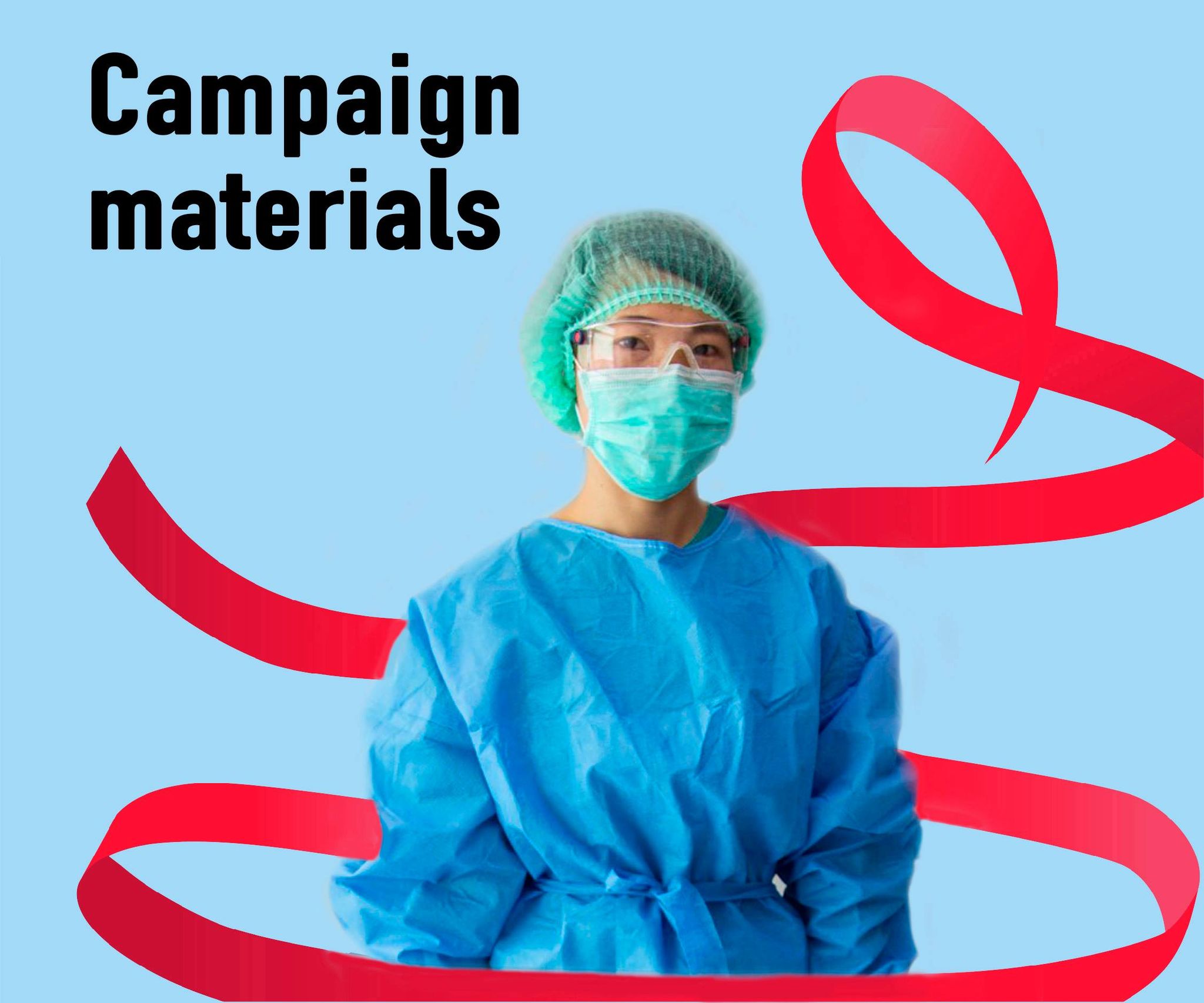The world has made significant progress since the late 1990s, but HIV remains a major global public health issue. And like many other major health issues, it faces additional challenges during the COVID-19 pandemic.
HIV prevention, testing, treatment and care services are all being disrupted particularly in countries with fragile heath systems. The breakdown in essential HIV services due to COVID-19 is threatening lives. Any slowing down in provision of these services will leave many vulnerable populations at greater risk of HIV infection and AIDS-related deaths. Nevertheless, all over the world, health workers and community representatives are doing their utmost to keep services going, adopting innovative ways to overcome disruptions in services caused by COVID-19.
On 1 December WHO joins partners in paying tribute to all those working to provide HIV services, and in calling on global leaders and citizens to rally for “global solidarity” to maintain essential HIV services during COVID 19 and beyond. It is a call to focus on vulnerable groups who are already at risk and expand coverage to children and adolescents. And in 2020, the International Year of the Nurse and the Midwife, it is a call for more protection and support to these health workers who have long been on the frontline of HIV service delivery. We can all contribute to the effort to end AIDS and make the world a healthier place.
Key messages
1. Renew our fight to end AIDS
It’s time to invest, innovate and integrate HIV services with broader health care and the pandemic response, to help us get back on track to end HIV by 2030. We are missing the global targets for 2020. On 1 December, we renew our call to do better.
2. Use innovative HIV services to ensure continued HIV care
There are many new approaches countries are adopting to ensure HIV care during the pandemic - for example providing multi-month prescriptions of HIV medicines to protect the health of people on HIV treatment and to reduce the burden on a stretched health service.
3. Engage and protect nurses, midwives and community health workers
Nurses and midwives are on the frontline of HIV care, treatment and prevention. In this year of the Nurse and the Midwife, we urge policymakers to ensure that frontline health workers, nurses, midwives and community health workers are engaged, supported and protected when delivering services for HIV and COVID-19.
4. Prioritize the vulnerable – youth and key populations
We need to ensure continued provision of HIV services for children, adolescents and key populations during COVID-19. Key populations include people who use drugs, men who have sex with men, sex workers, transgender people and people in prisons that are disproportionately affected by HIV.





